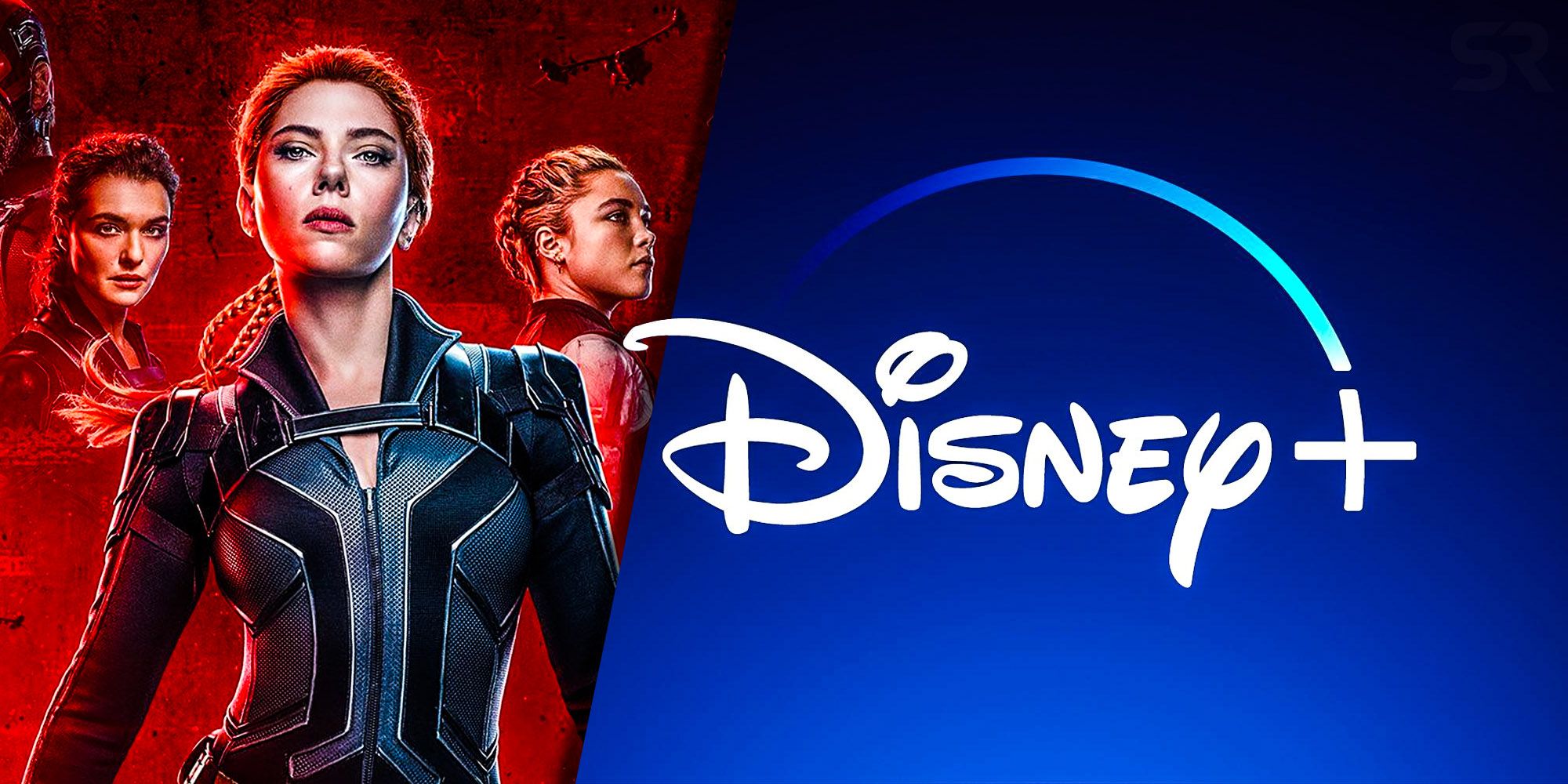Black Widow's box office performance proves Disney shouldn't give up on the Premier Access model just yet. After numerous delays caused by the COVID-19 pandemic, the long-awaited Black Widow finally released. Disney opted for a hybrid strategy, debuting the film in theaters and on Disney+ the same day. Despite being available on streaming, Black Widow broke pandemic box office records, bringing in $80 million at the U.S. box office over its first three days. That was the largest opening since Star Wars: The Rise of Skywalker in December 2019.
When Disney shared Black Widow's box office numbers, the studio also noted the film earned $60 million from Disney+ sales, helping raise the global total to $215 million. Interestingly, the other two Marvel movies Disney has scheduled for this year - Shang-Chi and the Legend of the Ten Rings and Eternals - are currently planned to be theatrical exclusives when they debut in the fall. If Black Widow is any indication, Disney may be better-served keeping the hybrid model in place for at least the foreseeable future.
This summer, box office has shown signs of recovery, with A Quiet Place Part II and F9 also emerging as big hits. However, there's still a long way to go before the theatrical marketplace gets back to something resembling a pre-pandemic normal. Analysts believe the box office won't return to 2019 levels until 2024, meaning it would be wise for studios to remain open to alternative distribution methods. It'd be smart particularly for big-budget tentpoles like Marvel movies, which are dependent on high grosses to turn a profit. Black Widow had a $200 million production budget and a very expensive marketing campaign to recoup.
Black Widow's opening weekend projections were between $80-90 million domestically, so Disney+ had no discernible negative impact on the film's box office prospects. If anything, streaming complemented theaters, with the $60 million providing a nice boost to Black Widow's bottom line. It will be interesting to see what the film's final numbers are after it finishes its theatrical run and becomes free on Disney+, but this was the kind of start Disney and Marvel were looking for when they moved ahead with this release model. If viewers are willing to spend $60 million to watch the latest MCU installment from home, there's little reason to discontinue that practice and rob potential customers of the option. Despite the availability of vaccines, COVID-19 concerns are still prevalent.
Disney is in a precarious position because they're trying to find a balance between keeping their theatrical partners happy while also maximizing their earnings. Ultimately, the film industry is a business, and studios want to make as much money as they can. $60 million is a difficult number to ignore, and it more than likely got the attention of Disney's higher-ups. It's clear audiences appreciated the flexibility of Black Widow's release and responded positively to it. Those who wanted to see it on the big screen made the trip to the multiplex, while those who feel unsafe going back to theaters still had a way to watch it. The two can coexist, so it doesn't make financial sense to remove a revenue stream for other Marvel movies.









